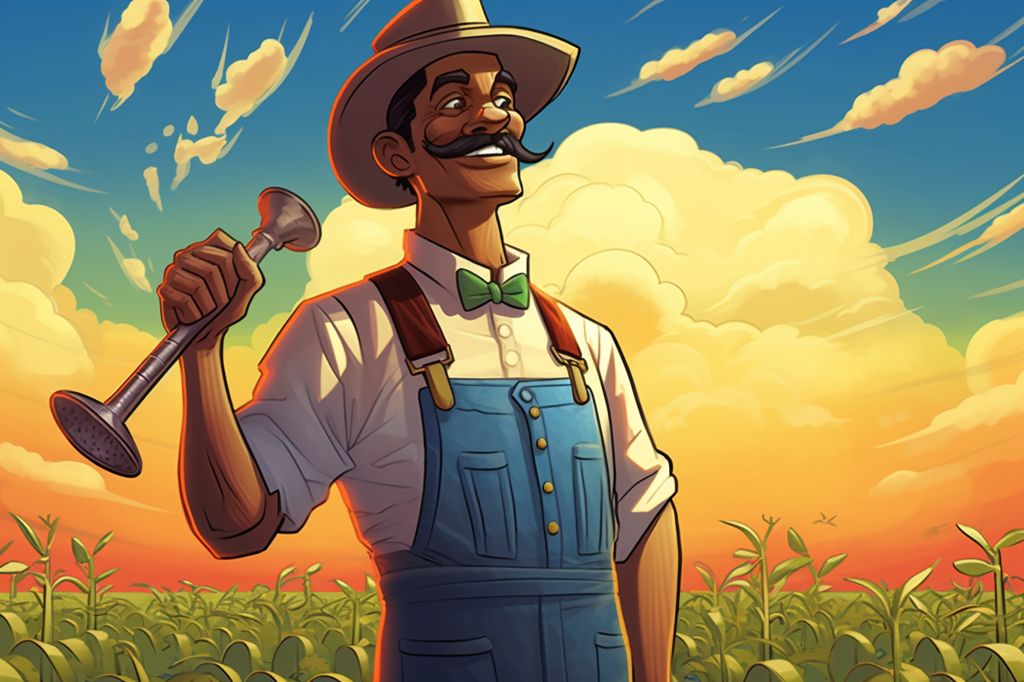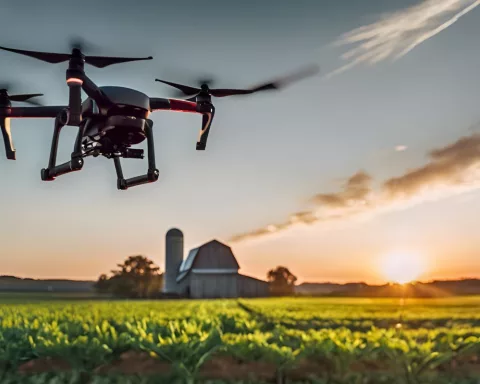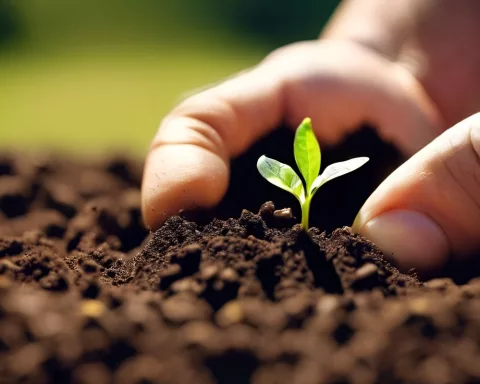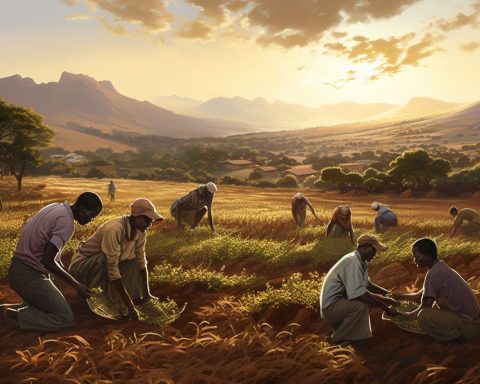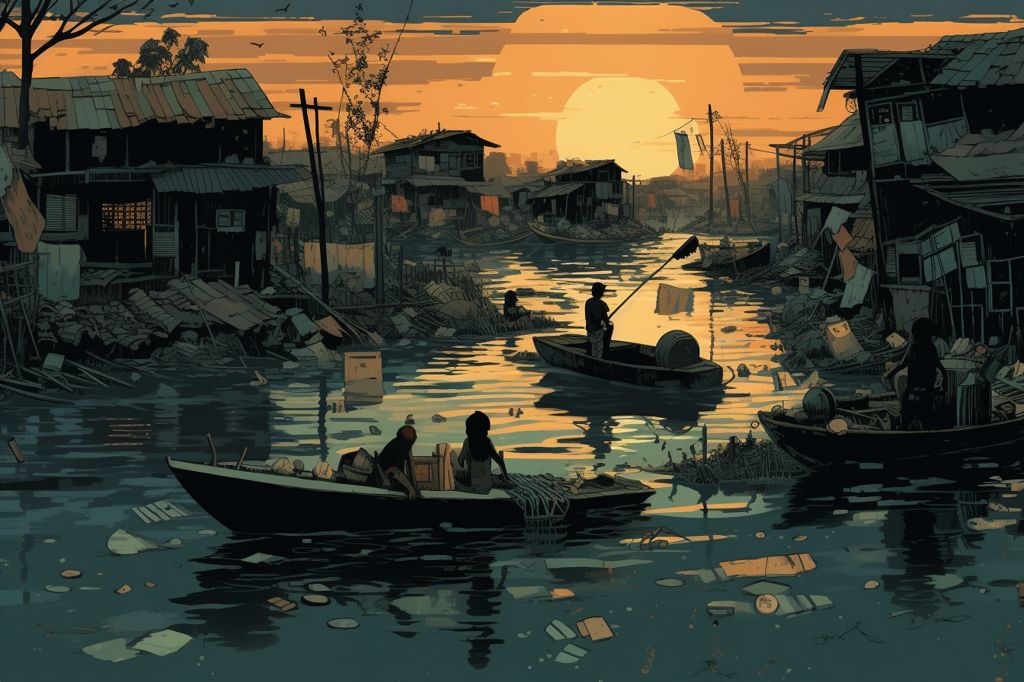As the 2023 winter season progresses, South Africa’s agricultural sector is experiencing a mix of thriving crops and livestock in most areas. However, some regions, including the Western Cape, Northern Cape, and Eastern Cape, continue to experience dry conditions. Despite this, most provinces’ significant dam levels remain high, thanks to the country’s dynamic weather patterns and diligent resource conservation efforts.
Seasonal Climate Forecast
The South African Weather Service has recently released a Seasonal Climate Watch, predicting above-normal rainfall across the nation throughout winter and early spring, coupled with higher-than-normal minimum and maximum temperatures. This forecast holds promise for farmers, particularly those growing winter crops, who can anticipate improved growing conditions.
Agriculture Challenges in Southern Africa
The Famine Early Warning Systems Network (FEWS NET) reports that the ongoing harvest across Southern Africa has led to better food access and availability for households. However, challenges such as limited seed access, high temperatures, erratic rainfall patterns, and flooding from Tropical Cyclone Freddy have resulted in below-average harvests in certain regions, including southern Mozambique, southern Zimbabwe, eastern Madagascar, southern Malawi, and southwestern Angola.
These factors, coupled with tight domestic supplies, currency depreciation, and elevated energy costs, resulted in maize prices remaining higher than last year and the five-year average. The seasonal decline in maize prices is expected to be short-lived due to carryover stocks’ below-average levels, fueled by strong export demand from outside the region. Maize prices may begin to rise around July and August as food stocks decline, and market purchases increase.
Recommendations for Farmers
Given the seasonal forecast, winter crop farmers in winter rainfall areas are advised to wait for sufficient moisture before planting and adhere to the normal planting window. Irrigation users should reduce planting areas in accordance with water restrictions in their zones. Farmers should also regularly monitor weather and climate forecasts to make informed decisions and comply with the Conservation of Agricultural Resources Act.
As winter progresses, the veld continues to dry out in many areas, necessitating that livestock farmers reduce stock in areas where overstocking is prevalent. This can help achieve a balance with available grazing and ensure optimal rotation of camps. Livestock should be provided with additional feed and relevant licks, adhering to vaccination routines, and ensuring adequate water points and shelter during harsh weather conditions.
Mitigating Risks and Protecting Agricultural Resources and Investments
In many summer rainfall areas where the veld is recovering, the risk of veld fires increases, making the creation and maintenance of fire belts even more crucial. Farmers should also be prepared for cold spells and localized flooding resulting from frontal systems during winter. Adherence to veld fire warnings and proactive measures in response to extreme daily weather warnings can help mitigate risks and protect agricultural resources and investments.
The Department of Agriculture, Land Reform, and Rural Development’s Commitment
The Department of Agriculture, Land Reform, and Rural Development is committed to partnering with relevant stakeholders to raise awareness in the sector and empower farmers to understand, interpret, and utilize early-warning information for disaster risk mitigation and response. Through continued collaboration, education, and proactive preparedness, South Africa’s agricultural community can navigate the challenges posed by climate fluctuations and work towards a sustainable and thriving future.

